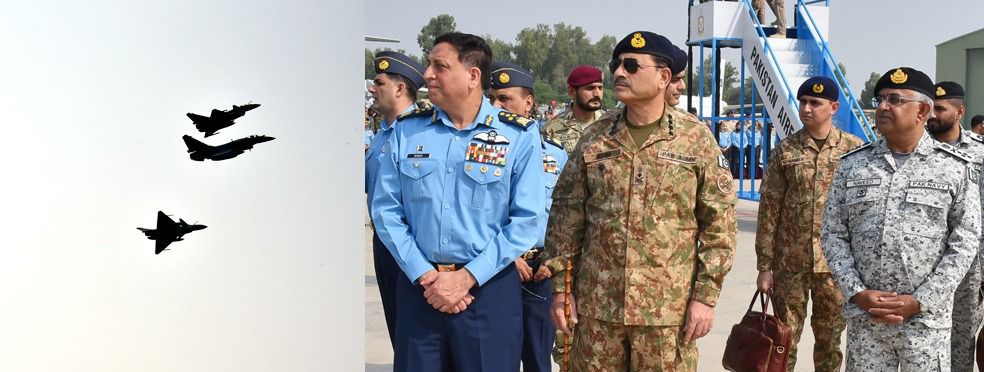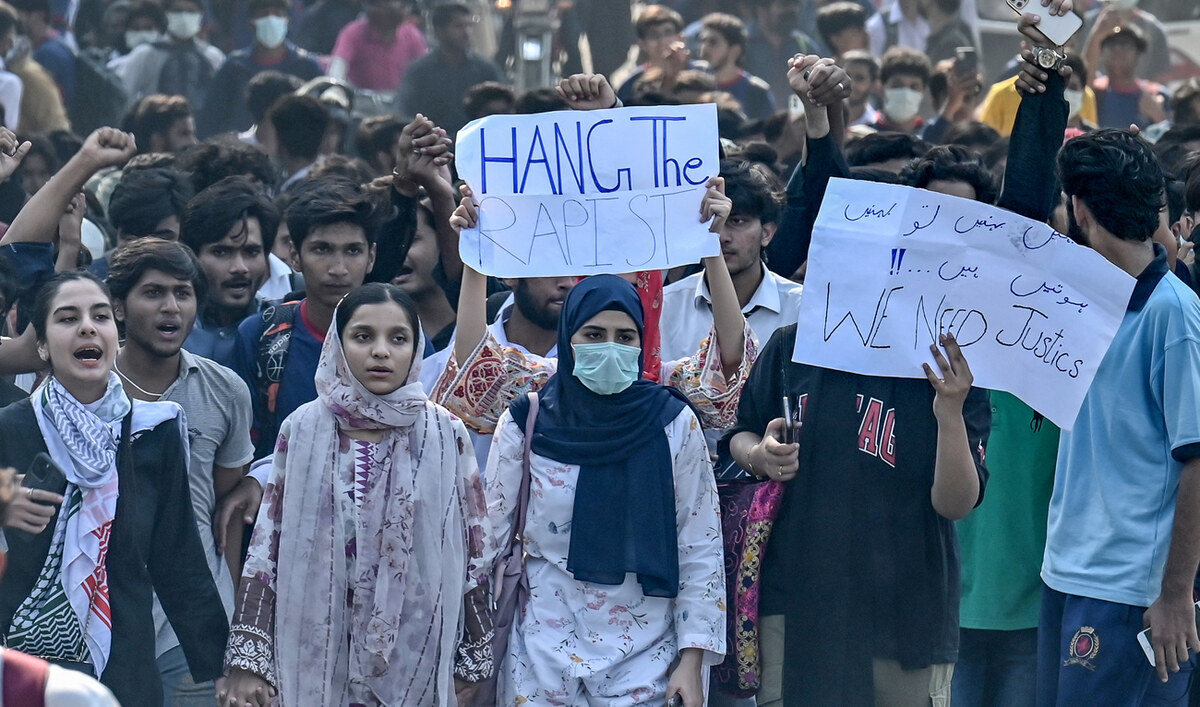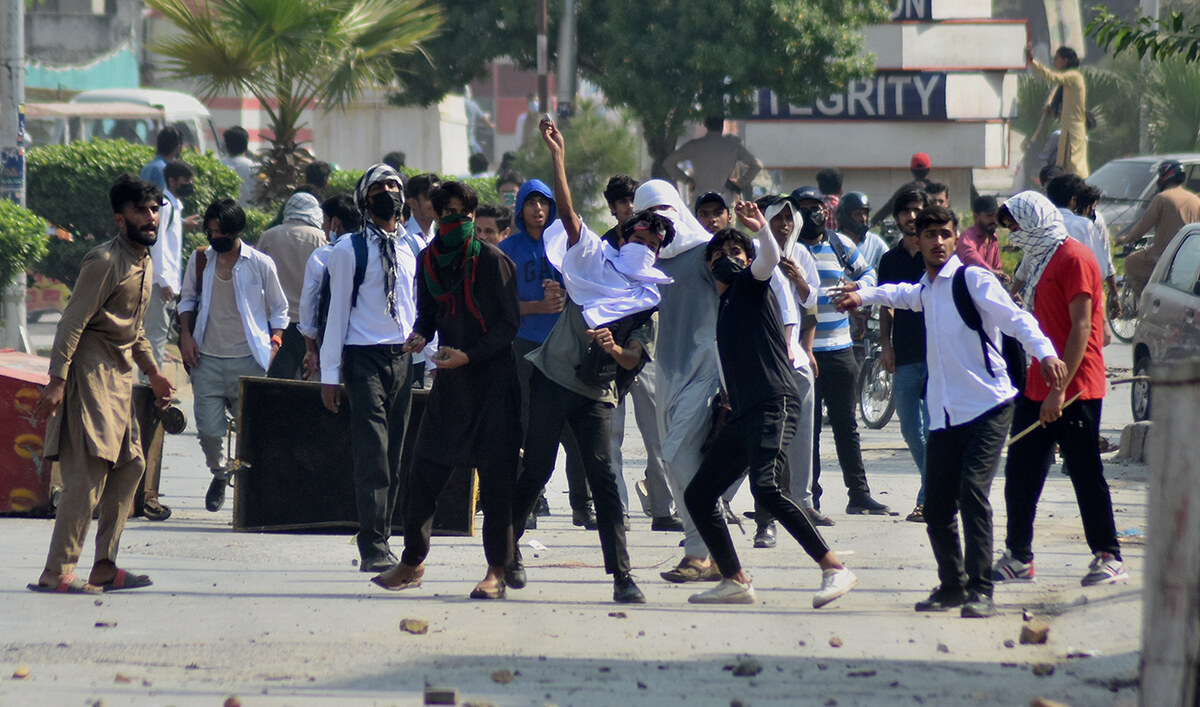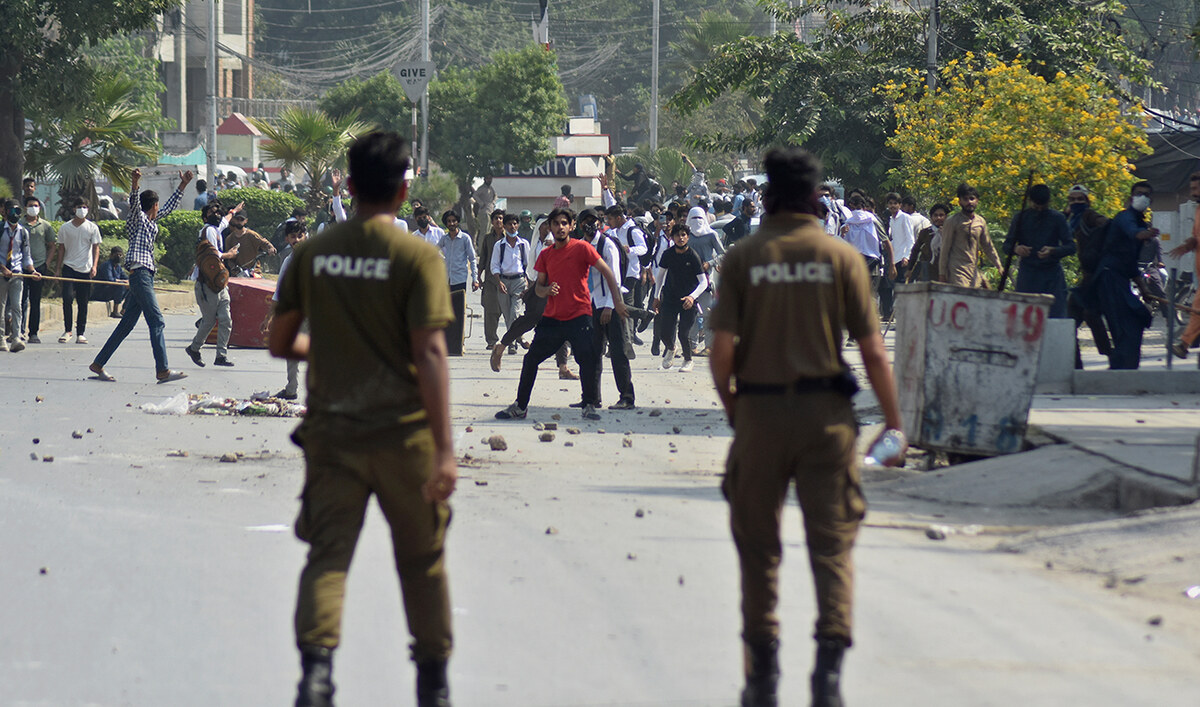ISLAMABAD: Prime Minister Shehbaz Sharif on Thursday vowed to make Pakistan polio-free with global support, promising to build a “robust” health system to safeguard future generations amid a major surge in the crippling disease.
Pakistan has reported 40 polio cases in 2024, compared to only six last year, with most cases involving children in impoverished areas due to logistical challenges, parental refusal, and security threats. The southern Balochistan province has been the hardest hit. Militant groups, particularly in the northwestern Khyber Pakhtunkhwa (KP) province, have targeted polio workers and their security escorts, labeling these vaccination campaigns as foreign conspiracies.
In a message on World Polio Day, the Pakistani PM reiterated his commitment to raising awareness for eradicating the disease, as the country reported its latest case this year in KP’s Kohat district.
“Pakistan is committed to becoming polio-free, and together, with the support of our citizens and global partners, we will achieve this goal,” he said. “It’s about building a robust public health system and safeguarding the health of future generations.”
Sharif urged every parent to vaccinate their children, calling on community leaders to spread the message of polio eradication. He said the government was improving the health infrastructure, increasing vaccine coverage and combatting misinformation.
According to the World Health Organization, Pakistan and Afghanistan are the only two countries where polio remains endemic, making eradication efforts in both states critical to global health. The prime minister described the regional collaboration with Afghanistan as “vital” to control cross-border transmission.
“Due to the tireless work of our health workers and international partners like WHO, UNICEF, and the Bill & Melinda Gates Foundation, we have made significant progress in reducing polio cases,” he added.
“However, challenges remain, including security concerns, misinformation, and access to remote areas. Despite these obstacles, our health workers continue to work bravely to vaccinate every child.”
Many in Pakistan believe the conspiracy theory that polio vaccines are part of a plot by Westerners to sterilize the country’s population. The masses’ doubts regarding polio campaigns were exacerbated in 2011 when the US Central Intelligence Agency set up a fake vaccination program to gather intelligence on former Al-Qaeda chief Osama bin Laden.
Violent attacks on polio volunteers and security personnel guarding them are common in Pakistan.

























